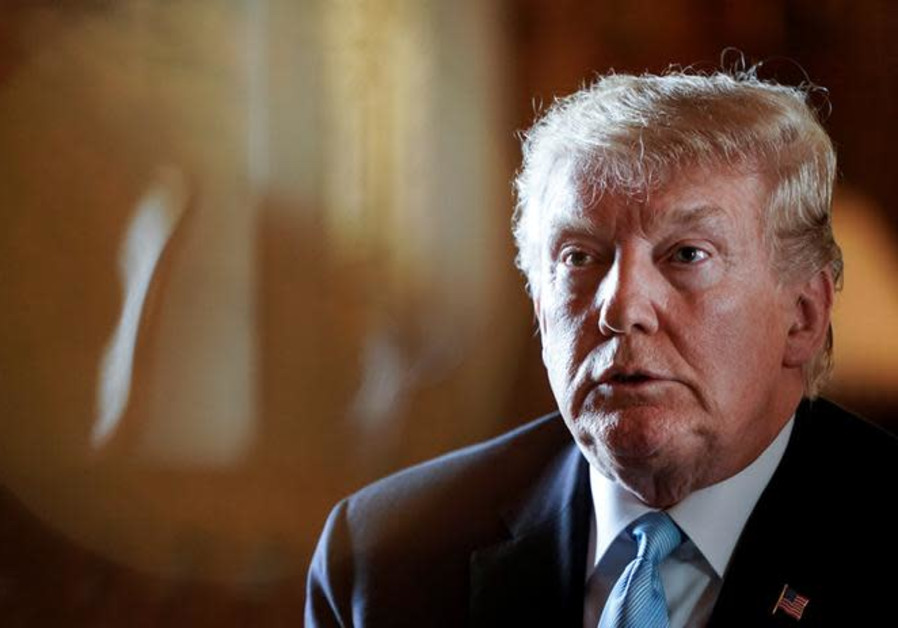The Trump Doctrine 2.0: Searching for results in crises

U.S. President Donald Trump listens to a question as he speaks to reporters at his Mar-a-Lago estate in Palm Beach, Florida, U.S., March 29, 2019. (photo credit: REUTERS/JOSHUA ROBERTS)
Join Jerusalem Post Premium Plus now for just $5 and upgrade your experience with an ads-free website and exclusive content. Click here>>






Comments are closed.